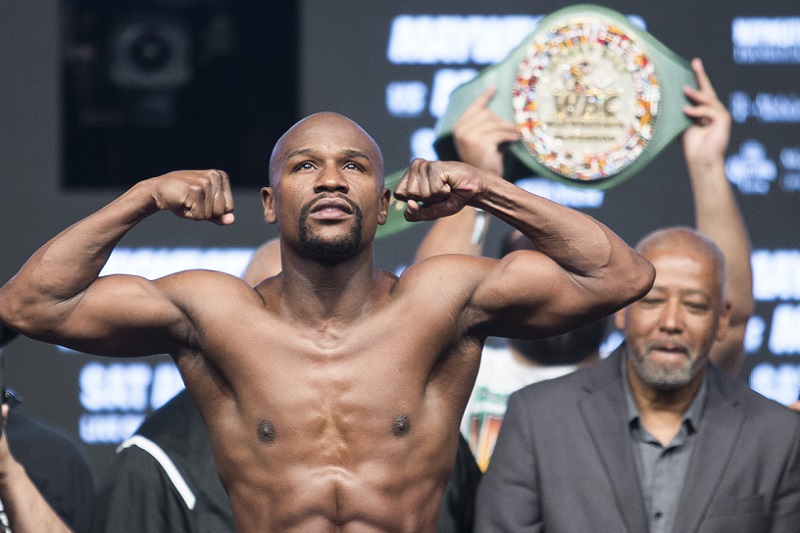There are no products in your shopping cart.
| 0 Items | £0.00 |


FORMER world boxing champion and current fight promoter Floyd Mayweather has offered to pay for the funeral costs of George Floyd the black man who recently died in Minneapolis after a police officer kneeled on his neck for more than eight minutes.
On Monday last week, Mr Floyd, 46, was pinned to the ground by police officer Derek Chauvin while being arrested for allegedly using a fake $20 note in a shop. He subsequently died and the anger over his death has led to widespread demonstrations across the US and worldwide over racism and police brutality.
Known as Big Floyd, he was the father to a six-year-old daughter who lives in Houston with her mother, Roxie Washington. In footage of the arrest, Mr Floyd can be heard saying he could not breathe, before he is seen being lifted on to a stretcher and into an ambulance which took him to hospital where he later died.
Mr Chauvin has been charged with third-degree murder and manslaughter, while three other officers involved in the incident have been sacked. A former owner of Minneapolis's El Nuevo Rodeo bar said both Mr Floyd and Mr Chauvin had been employed as security guards at the venue at the same time, indicating that the murder may have been premeditated.
Leonard Ellerbe, the chief executive of Mayweather Promotions, said: “He’ll probably get mad at me for saying that, but yes, Mayweather is definitely paying for the funeral. Floyd has done these kinds of things over the last 20 years.”
Revealing that Mr Floyd’s family has already accepted the offer, Mr Ellerbe pointed out that Mr Mayweather paid for the funeral expenses of Genaro Hernandez. He won his first world title by defeating Hernandez in 1998.
Meanwhile, post-mortems have pronounced the death of Mt Floyd a homicide, after independent experts hired by his family and the Hennepin County Medical Examiner carried out the autopsies. According to the independent autopsy, Mr Floyd died of asphyxiation from sustained pressure when his neck and back were pressed, adding that pressure cut off the blood flow to his brain.
However, the medical examiner’s office did not mention asphyxiation. It said the cause was cardiopulmonary arrest complicating law enforcement subdual, restraint, and neck compression.
One of the independent medical examiners, Dr Michael Baden, said: “There is no other health issue that could cause or contribute to the death. Police have this false impression that if you can talk, you can breathe. That’s not true.”